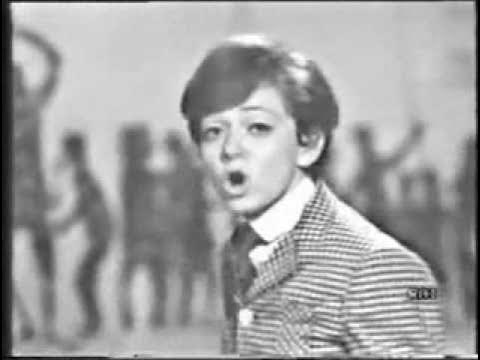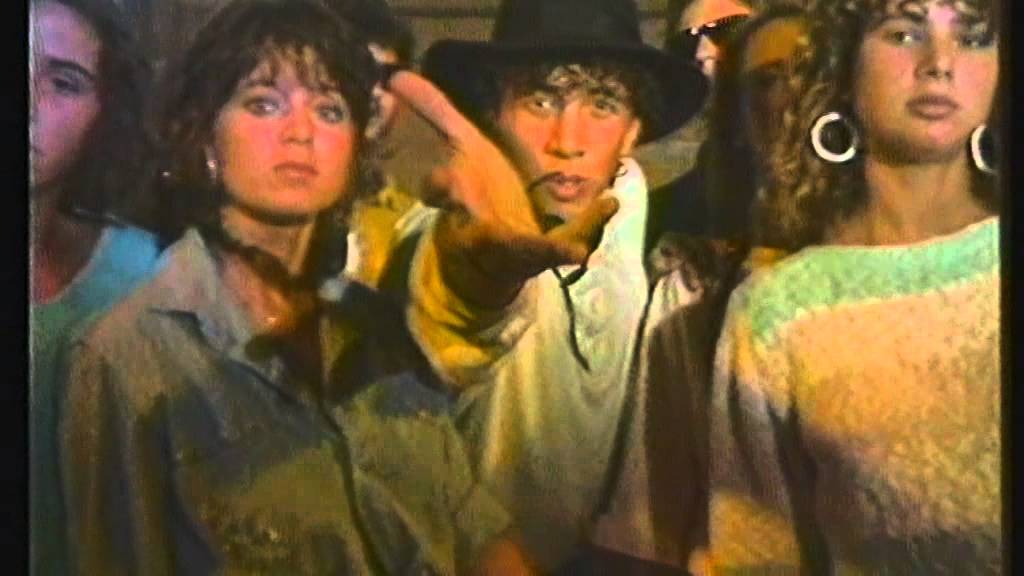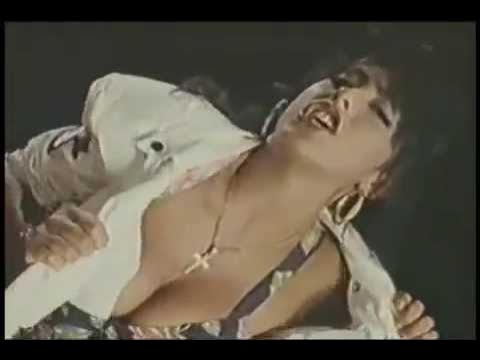This season, heralded as the era of the 80's, many Russian skaters chose the music of Italian pop singers from the 70's-80's of the 20th century. Many have asked why this happened. The answer lies on the surface: coaches and choreographers of athletes tend to cherish memories of their youth, and in their youth they danced at discos and parties to Italian music.
Italian music has become part of Russian culture, whether we like it or not. I didn't analyze it before, but now I got curious and decided to do a little investigation. I will rely on materials from Russian-speaking bloggers who write about the history of music in Russia and beyond. I won't go back in time, I won't remember composers and singers who went to Italy to study. We are only interested in the second half of the 20th century, and perhaps the very beginning of the 21st century. I hope you will find it interesting! (I was very interested in finding out some of the facts).
Enjoy!
Part I. 50s. Comrades
Part II. 60s. New generation
Part II. 60s. Belle epoque
Part II. 60s. Golden voice
Part II. 60s. The first "Italian in Russia" and his "Toy"
Part III. 70's - 80's. Friends and idols. Stars of the Sanremo Music Festival
Part III. 70's - 80's. Friends and idols. Nostalgic Disco 80s 2009-2019
Part IV. 80's - 90's. Italian disco
Part V. From 90's to 20's. Starting over
Italian music has become part of Russian culture, whether we like it or not. I didn't analyze it before, but now I got curious and decided to do a little investigation. I will rely on materials from Russian-speaking bloggers who write about the history of music in Russia and beyond. I won't go back in time, I won't remember composers and singers who went to Italy to study. We are only interested in the second half of the 20th century, and perhaps the very beginning of the 21st century. I hope you will find it interesting! (I was very interested in finding out some of the facts).
Enjoy!
Part I. 50s. Comrades
Part II. 60s. New generation
Part II. 60s. Belle epoque
Part II. 60s. Golden voice
Part II. 60s. The first "Italian in Russia" and his "Toy"
Part III. 70's - 80's. Friends and idols. Stars of the Sanremo Music Festival
Part III. 70's - 80's. Friends and idols. Nostalgic Disco 80s 2009-2019
Part IV. 80's - 90's. Italian disco
Part V. From 90's to 20's. Starting over
Last edited:




























